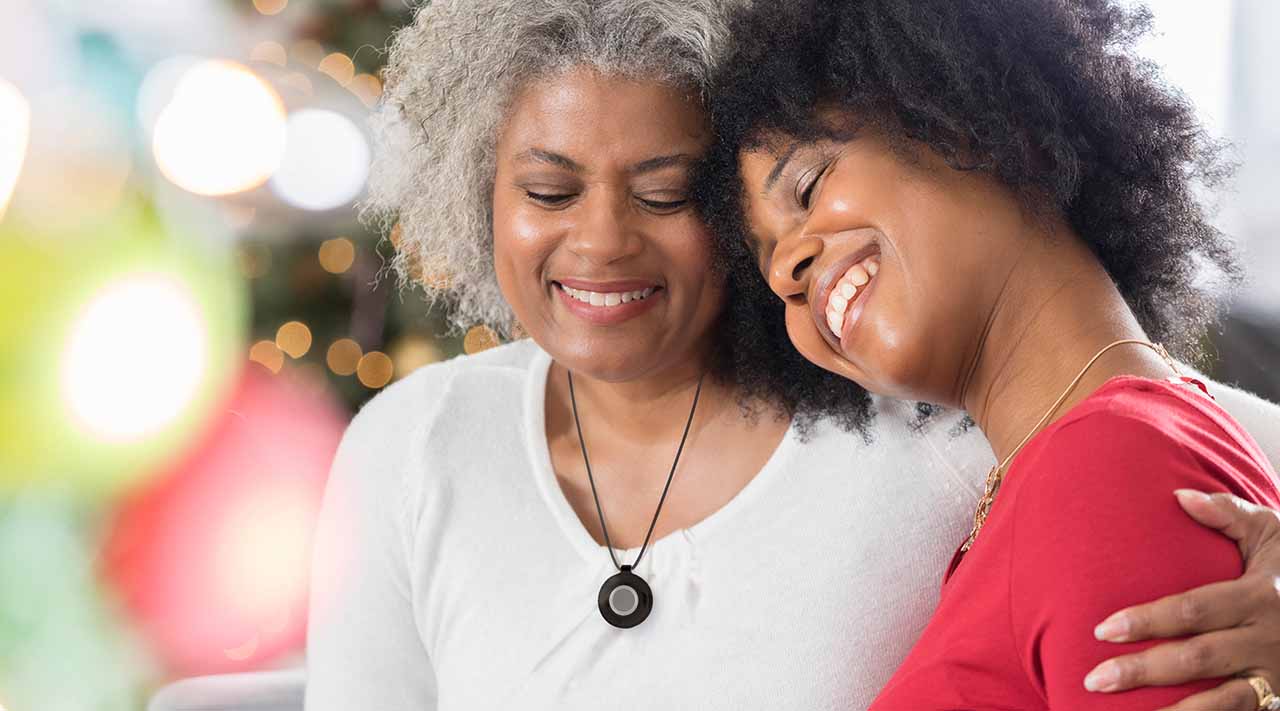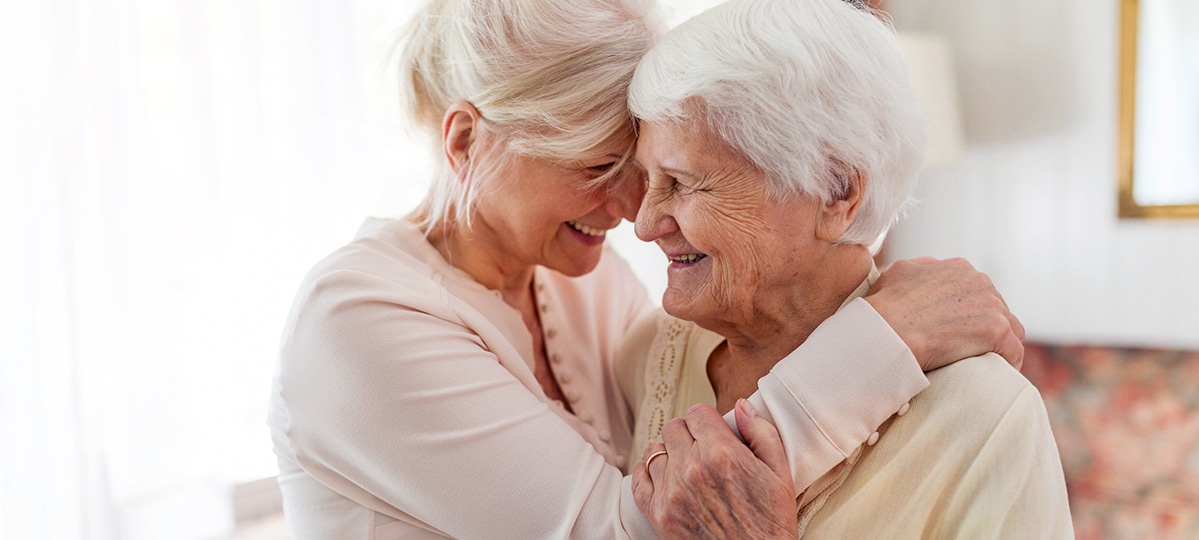Healthcare plans change. Medicine gets better every year. Healthcare costs continue to skyrocket: Total costs are projected to rise to one-fifth of the economy by 2025, according to the Peter G. Peterson Foundation, an economic organization that studies healthcare. But here’s what remains the stable center of healthcare: the family home.
The Importance of Home in Healthcare
One big reason why this is clearer than ever is that home healthcare has become a sophisticated medical model unto itself. Thanks to health-intelligent technologies, medical advancements and advanced-care algorithms assuring round-the-clock attention, home healthcare is a key player in the future of healthcare for many hospital networks.
Many home healthcare agencies boast lower-than-average hospital readmission rates, even for serious diseases like chronic obstructive pulmonary disease (COPD) and heart disease. And they demonstrate high patient and family satisfaction scores in surveys because of the one-on-one attention with their patients.
Many families have long embraced home healthcare because they want their loved ones in the comfort of their homes. They believe they thrive best there, and the family is happy for the closeness. They also appreciate hospital-level expertise at affordable prices.
What to Ask Your Caregiver
If you’re considering an at-home caregiver, think about the importance of fit, along with the caregiver’s expertise. You’ll work out the “fit” factor during the interview; your relationship will of course grow and clarify itself in the early weeks of care. To help you with that interview, here are seven key questions to determine fit and expertise:
- Do you have an LPN or another degree?
- What are your hobbies?
- Are you comfortable with bathing your patient, grooming him or her, helping him or her use the toilet and dressing?
- Do you drive? And will you escort your patient to doctors’ appointments and even hobbies?
- Do you do meal planning/prep? How about light housekeeping, laundry or running errands?
- Do you use a system for medication reminders? Are you part of a connected-care healthcare system that provides medication alerts and even updates if a new medicine becomes available? Can you access this team of experts for any medication questions?
- Do you use a personal emergency response system like Medical Alert? Have you had to use one in the past and for what types of scenarios?
Remember: These questions are just a starting point. You’re looking forward to a great relationship where your loved one can flourish at home and you have the peace of mind that his or her needs are monitored with vigilant attention—even around the clock if necessary.
The Caregiver Selection Process
Bringing a caregiver into your home requires thoughtful consideration. Take your time and meet with multiple candidates. Once you find the right person, someone who fits with you and your family, you’ll all discover a renewed sense of optimism.
The Transformative Power of Caregiving
This process can be transformative, not just for the person receiving care but for the entire household. A dedicated caregiver can provide not only assistance but also companionship, easing the challenges of daily life. They become a trusted member of your support network, offering emotional support, and practical help, and enhancing the overall quality of life. Your family dynamics may even evolve positively as you navigate this journey together.
Building a Positive Caregiver Relationship
It’s crucial to communicate openly with your chosen caregiver, sharing your expectations and concerns. This mutual understanding fosters a harmonious environment that benefits everyone involved.
Moreover, by welcoming a caregiver into your home, you’re not just hiring a helping hand; you’re also gaining a valuable source of knowledge and experience. Their expertise can provide insights and strategies for managing specific health conditions or age-related challenges.
Remember that caregiving is a two-way relationship, and showing appreciation for your caregiver’s dedication can strengthen the bond between them and your family. Small gestures of gratitude can go a long way in maintaining a positive and nurturing atmosphere.
In the end, the decision to bring a caregiver into your home is a significant one, impacting your loved one’s well-being and your family’s dynamics. Approach it with patience, diligence, and empathy, and the rewards of enhanced quality of life and shared optimism will be worth the effort.




